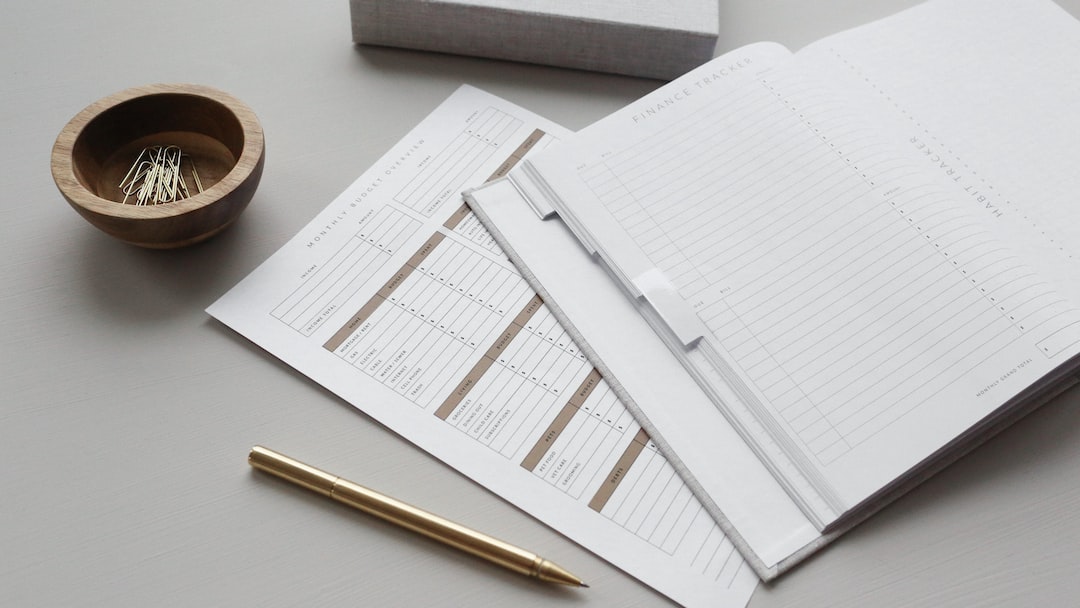When it comes to the question of renting vs. buying a home, there is no one-size-fits-all answer. Both options come with their own set of advantages and disadvantages, and what works best for one person may not work for another.
Advantages of Renting
One of the biggest advantages of renting a home is affordability. Renting often costs less than buying a home, due to the absence of property taxes, homeowner’s insurance premiums, and maintenance costs. Renters are often only responsible for paying rent, utilities, and renter’s insurance.
Another major advantage of renting is flexibility. Renters can typically move more easily and frequently than homeowners, which is especially beneficial for those who may need to relocate often for work or personal reasons. Renting also allows for more flexibility in terms of housing options, such as the ability to choose a smaller or more affordable property.
Additionally, renters are not responsible for various maintenance and repair tasks that come with homeownership. Landlords are typically responsible for covering the cost of repairs and maintenance, which can save renters time and money.
Disadvantages of Renting
One significant disadvantage of renting is lack of control. Renters are subject to the terms of the lease agreement and the decisions of the landlord, and may not be able to make changes to the property to suit their needs. Renters may also face more limitations when it comes to pets, decorating, and other aspects of their living space.
Renting can also be less stable than homeownership. Landlords may choose not to renew a lease, leaving tenants with the stressful task of finding a new place to live. Additionally, rents may increase with little notice, causing financial strain for renters.
Advantages of Buying
One major advantage of buying a home is the potential for appreciation in property value. Over time, homes may increase in value, allowing homeowners to build equity and potentially earn a profit upon selling.
Homeowners also have more control over their living space than renters do. Homeowners can make changes and renovations to their property as they see fit, without having to receive approval from a landlord.
Buying a home also has the potential to be a long-term investment, as homeowners can build equity over time and potentially sell their property for a profit in the future.
Disadvantages of Buying
One of the biggest disadvantages of buying a home is the upfront cost. Homeowners must typically have a significant amount of cash in hand for down payments, closing costs, and other expenses associated with purchasing a home.
Homeownership also comes with responsibility and cost of maintenance and repairs. Homeowners are responsible for repairs and maintenance, which can be expensive and time-consuming.
Additionally, homeownership is less flexible than renting. Moving can be more time-consuming and costly, especially if the housing market is saturated or property values have decreased.
In conclusion, whether to rent or buy a home depends on individual lifestyle preferences, financial goals, and personal circumstances. While renting may be more affordable and flexible, buying a home may offer long-term financial benefits and greater control over living space. Ultimately, the decision should be based on careful consideration of personal preferences, financial situation, and future goals.


